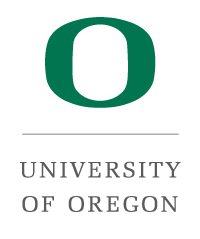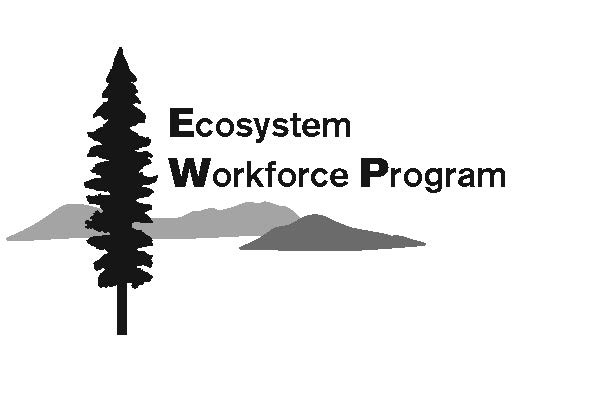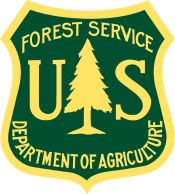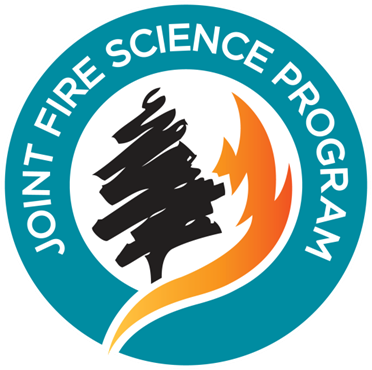Fine scale assessment of cross boundary wildfire events in the Western US
| Title | Fine scale assessment of cross boundary wildfire events in the Western US |
| Publication Type | Journal Article |
| Year of Publication | 2019 |
| Authors | Palaiologou, P |
| Secondary Authors | Ager, AA |
| Tertiary Authors | Evers, C |
| Subsidiary Authors | Nielsen-Pincus, M, Day, M, Preisler, HK |
| Journal | Natural Hazards and Earth Systems Sciences |
| Keywords | cross boundary, technical reports and journal articles |
| Abstract | We report a fine scale assessment of cross-boundary wildfire events for the western US. We used simulation modeling to quantify the extent of fire exchange among major federal, state, and private land tenures and mapped locations where fire ignitions can potentially affect populated places. We examined how parcel size effects the wildfire transmission and partitioned the relative amounts of transmitted fire between human and natural ignitions. We estimated that almost 90 % of the total predicted wildfire activity as measured by area burned originates from four land tenures (Forest Service, Bureau of Land Management, private and State lands) and 63 % of the total amount results from natural versus human ignitions. On average, one third of the area burned by predicted wildfires was non-local, meaning that the source ignition was on a different land tenure. Land tenures with smaller parcels tended to receive more incoming fire on a proportional basis, while the largest fires were generated from ignitions in national parks, national forests, public and tribal lands. Among the 11 western States, the amount and pattern of cross-boundary fire varied substantially in terms of which land tenures were mostly exposed, by whom and to what fire sizes. We also found spatial variability in terms of community exposure among States, and more than half of the predicted structure exposure was caused by ignitions on private lands or within the wildland-urban interface areas. This study addressed gaps in existing wildfire risk assessments, that do not explicitly consider cross-boundary fire transmission and do not identify the sources of fire. The results can be used by State, Federal, and local fire planning organizations to help improve risk mitigation programs. |
| DOI | 10.5194/nhess-2019-56 |




